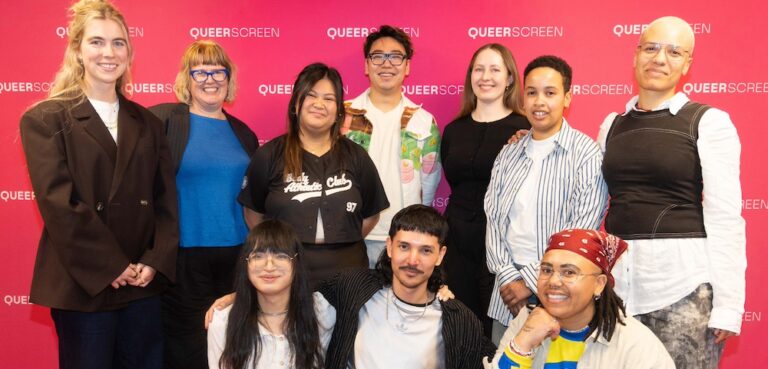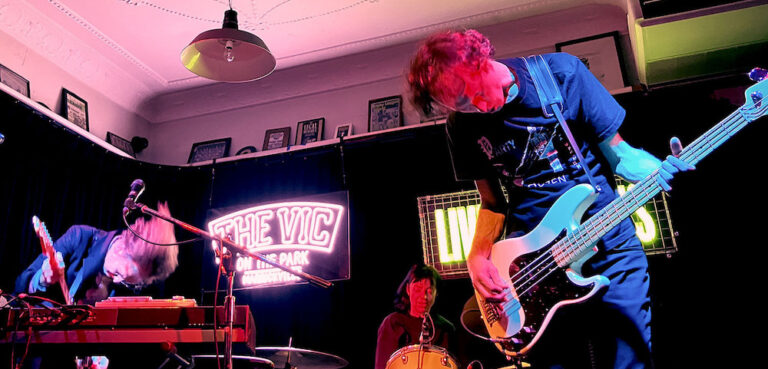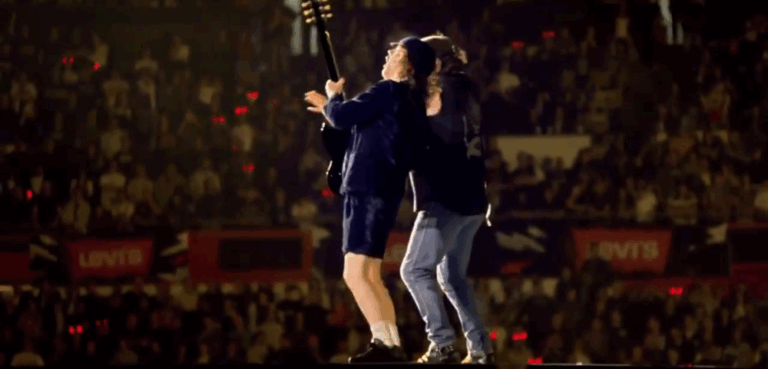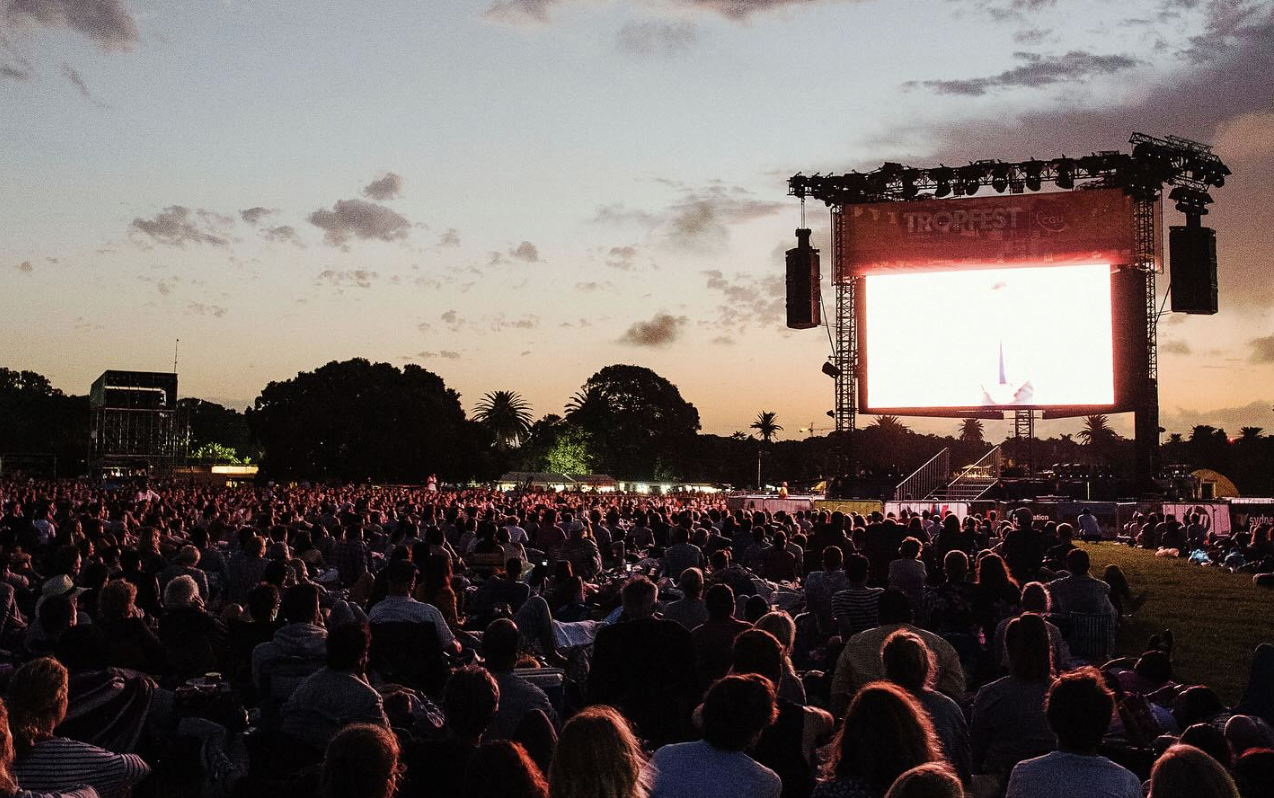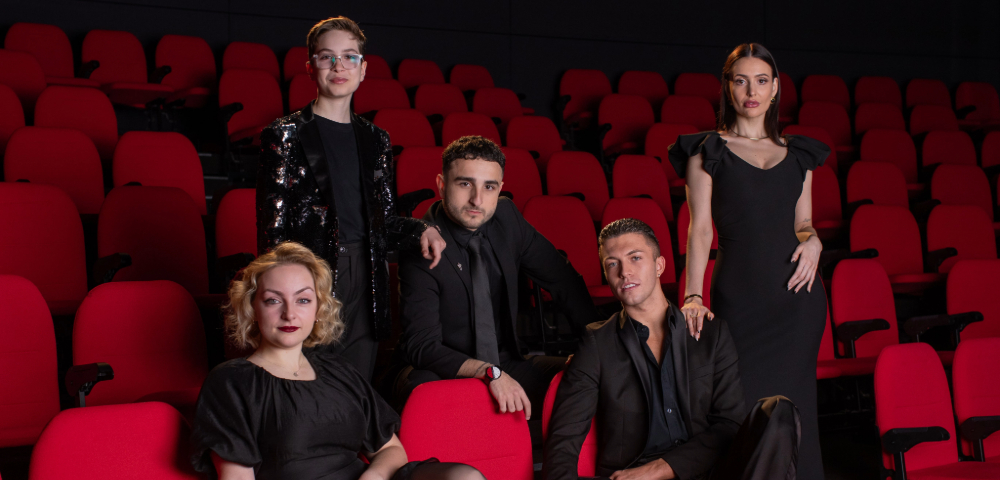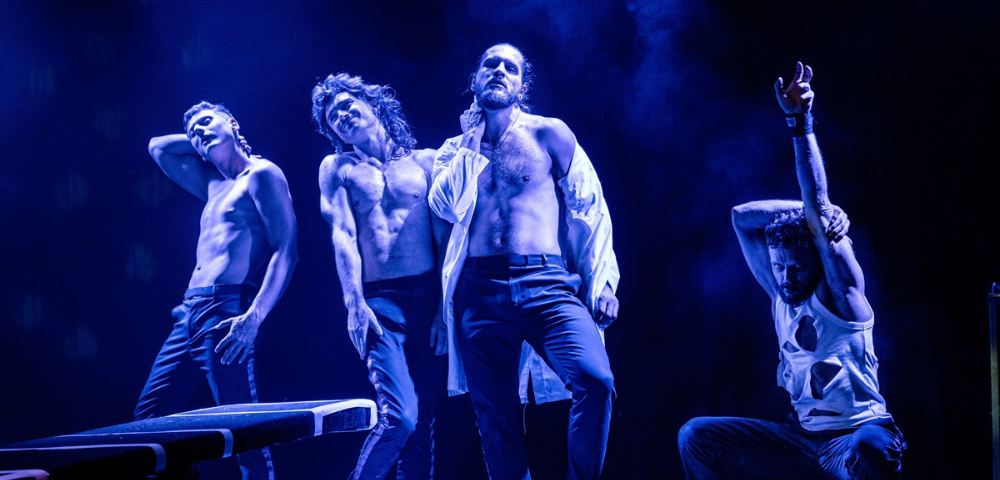
The Beast – REVIEW

By OLGA AZAR
Billed as drama/sci-fi/thriller, The Beast certainly is all those things, but employs such wildly imaginative interpretations of genre that it really is defiant. Loosely based on a 1903 novella by Henry James, the visually striking film travels across three time periods and two cities in a kaleidoscopic journey of pervasive dread and love perpetually postponed. There is scant romance, as the characters circle each other across time and place, coming together only to push apart again, like repelled magnets.

Léa Seydoux plays Gabrielle, a young woman afflicted with a constant and all-pervading sense of doom. The beast lurks around every corner, creating heart-pounding tension, though it is apparent early on that the beast is of her own making. Appearing and disappearing throughout her time- and place- travels is Louis (George MacKay), a young man intent on awakening her muted joy.

Each period and place – 1910 Paris, 2014 Los Angeles, and 2044 in Paris again – is lushly portrayed with arresting detail. In Belle Epoque Paris, a richly-hued fancy ball (dialogue taken nearly straight from James’ novella); in 2014 Los Angeles, a city of striving souls, casting calls, and austere mansions; and in Paris 2044 a dystopia of artificial intelligence celebrating purging DNA of past lives to live an affectless, and thus content, life.

As plot devices go, Gabrielle’s immersion in a pool of black goo whilst she revisits her past lives in Paris and Los Angeles sometimes makes the film feel like a feverish movie pitch shared by Stanley Kubrick and the Wachowskis, but it works.
Each time and place is disturbing in its own way, but Paris in 2044 is the most chilling. Belle Epoque, in this detailed portrayal, can’t help but have a jewelled appeal, despite the freaky doll factory Gabrielle’s distant husband owns, where she and Louis examine the latest in celluloid doll manufacture.
In 2014 Los Angeles, Gabrielle goes clubbing, and house-sits an absurdly surveilled but unfenced house while a nearly unrecognisable Louis stalks her, his rage-filled monologues taken from a real-life homicidal incel’s texts of the time.
But Paris 2044 is a stark and lonely place, a cityscape so hollow it seems to echo with aimlessness. It’s hard to determine if there are more AIs than people, and in any case, it hardly seems to matter, because the goal seems to be a population without memory, whether chosen or programmed. Gabrielle goes out clubbing again, but by then she realises that she might have been better off dancing with her beast after all.
